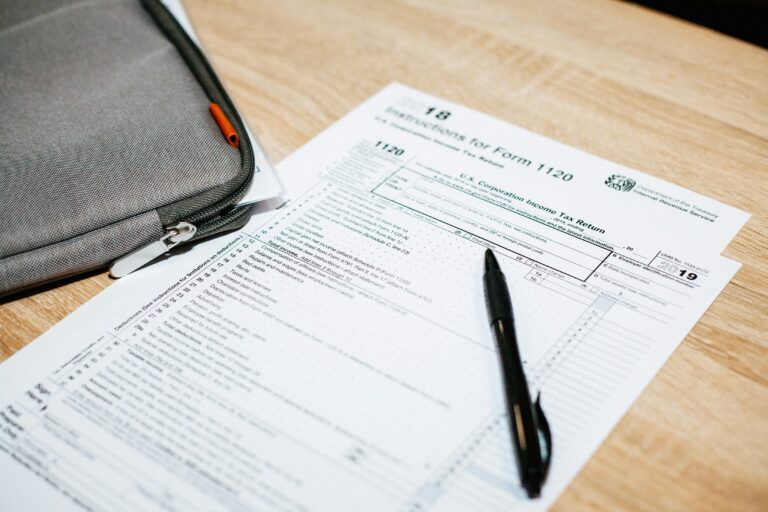
For the correct recognition of a investment property in the accounts, it is important to correctly determine its initial value. This is not only the original purchase price/cost of the asset, but also the additional costs associated with the purchase. From the correctly determined initial value, which may be different for balance sheet and tax purposes, depreciation write-offs are made which are booked as tax costs, also – depending on the accounting policy adopted – accounting costs.
Purchase price
Depending on the manner in which a fixed asset classified as a fixed asset/investment property was obtained (e.g. purchase, contribution in kind, reclassification from another type of asset, production in whole or in part in-house), its initial value is its purchase price and/or production cost. The purchase price and manufacturing cost comprise all the costs remaining in connection with its acquisition, including construction, incurred up to the date of taking it into use.
Capitalisation of expenditure
Taking the above into account, the accounting records maintained by the entity should allow for the recording of individual purchases/expenditures making up the final initial value of the fixed asset, taking into account the differences between balance sheet and tax law.
Taking into account the specificities of real estate companies, the table below shows the categories of expenses that occur most frequently when conducting a real estate investment project.
|
Expense category |
Capitalidstion up to the initial value |
|---|---|
|
Land acquisition |
Yes |
|
Purchase of a finished building |
Yes |
|
Tax on civil law transactions related to the purchase |
Yes |
|
Notary fees, court fees |
Yes |
|
Purchase of architectural design |
Yes |
|
Purchase of building materials |
Yes |
|
Purchase of construction services |
Yes |
|
Construction manager’s remuneration |
Yes |
|
Obtaining the relevant administrative decisions necessary for the implementation of the project |
Yes |
|
Purchase of furniture with assembly as a fixed part of building/building walls |
Yes |
|
Costs of electricity and gas (utilities) consumed during construction work |
Yes |
|
Costs of making connections to the electricity grid and gas distribution |
Yes |
|
Cost of construction supervision services |
Yes |
|
Investment project, construction management services |
Yes |
|
Consultancy services related to the preparation of investment concepts |
Yes |
|
Legal services related to the transfer of necessary administrative decisions conditioning the implementation of the Project |
Yes |
|
Legal services related to the preparation and analysis of contracts related to the acquisition of land, services and building materials |
Yes |
|
Debt financing costs – interest, in the part related to the investment in progress |
Yes* |
|
Debt financing costs – commissions, in the part related to the investment in progress |
Yes* |
|
Exchange rate differences on transactions and on own cash accrued up to the date of acceptance of the fixed asset |
Yes* |
|
Valuation services for property intended for development |
Yes/No** |
|
Consultancy costs, legal and tax due diligence, technical |
Yes/No** |
|
Management costs (office rental, administrative salaries, other) |
No |
|
Organisation of a conference to promote the investment |
No |
|
Printing of brochures, leaflets, promotional and advertising material |
No |
|
Production of advertising banners |
No |
|
Public relations services |
No |
|
Preparation of a mock-up of the investment |
No |
|
Preparation of a film promoting the investment |
No |
|
Maintenance of the website, including acquisition of web domain rights and obtaining servers |
No |
|
Cost of office space agents |
No |
(*) Within the limit on financing costs set by the tax legislation
(**) Required analysis of the scope of services provided
The incurrence of the above expenses will depend on how the fixed asset is obtained (e.g., the purchase of a finished building, or the manufacture of all or part of it in-house).
At the same time, in terms of tax qualification, due to the changing position of tax authorities, in some cases it is necessary to confirm the possibility of capitalization of a given expense by obtaining an individual tax interpretation.
Tax records
It should be emphasised that the additional costs associated with the purchase of the main asset and its adaptation for use should be allocated to the identified assets according to a specific allocation key.
In addition, the records kept should allow:
Balance sheet valuation methods
For assets that have been classified under the heading “Investment property”, Polish accounting regulations provide for two methods of valuation:
- In the manner envisaged for fixed assets, i.e. the cost model, i.e. at acquisition or production cost, less depreciation and impairment losses,
- at market price or otherwise specified fair value.
The decision on the choice of valuation method is made by the entity’s manager (management) in the accounting policy adopted by the entity.





